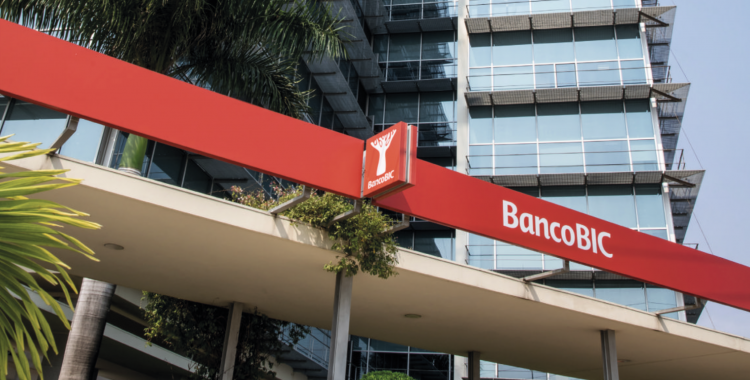"When there are political problems and when they're on top of someone, let's say all the doors close and that's where we are. In Namibia, for example, we are under great pressure, we are almost threatened with having our license taken away because of our shareholder. We have to remove the shareholder from our structure, but that does not depend on us, it depends on the shareholder", Hugo Teles told Lusa, on the sidelines of the XIII Banca Forum, without naming names.
The Angolan businesswoman and daughter of former president José Eduardo dos Santos, Isabel dos Santos, whose shareholdings are seized by the Angolan court, is a reference shareholder of BIC, through Sociedade de Participações Financeiras (25 percent) and Finisantoro Holding Limited (17.5 percent).
"In Namibia they considered our shareholder 'not fit and proper' ['not suitable and suitable'] and they think he cannot have any direct or indirect participation in Namibia", said the BIC official.
"We are trying to find a solution, an attempt at a resolution is underway", said the manager, refusing to disclose which scenarios are being considered.
BIC has six branches in Namibia and, according to Hugo Teles, the operation was booming, especially in the border area, where 80 percent of the Namibian population comes from.
"That's where a good part of the business is and it's next to the border with Angola. It's an area where English-speaking banks don't like to position themselves, but it's where we feel good and know how to work. We thought we could shine in Namibia", he told Lusa.
Hugo Teles said that since the time the shares were seized, the bank has no information about the judicial process, but admits that the situation causes inconvenience.
"It is nothing that concerns us, our shareholder is the one who will have to resolve this situation. I do not hide that it causes us some inconvenience, namely in the relationship with [banks] correspondents [banks that provide services to other banks], it causes a lot of inconvenience", he highlighted.
"Essentially, we have not been able to open more accounts with correspondents, we continue to be inhibited from working in dollars", pointed out the executive president of BIC.
Hugo Teles, who was one of the speakers at a round table on the impact of privatizations and the listing of commercial banks, at the XIII Banca Forum, organized by the weekly newspaper Expansão, in Luanda, considered that this is not an immediate priority for BIC.
"We are capitalized, we are focused on giving credit to individuals and companies and we have no need to seek financing", he explained.
He acknowledged, however, that they could be "pushed" to the stock market by some of the shareholders, since "one of the shareholders has the capital arrested", but the strategy involves "continuing to use the capital to provide credit".
Asked about the devaluation of the kwanza, he confirmed the impact on the bank, mainly because "there are many companies that are going through some difficulties", and considered that everything would have been easier, namely for customers, if there had been an alert.
"We already knew that this would happen, but we didn't know when", said Hugo Teles, stressing that the banks could have been consulted in advance and could help the economy "to suffer less with these upheavals".
In addition to the Angolan BIC, Isabel dos Santos is also a shareholder in the Portuguese EuroBic, with 47.5 percent, with Fernando Teles being the other majority shareholder.
This financial entity, involved in the scandal that became known as 'Luanda Leaks', was used for alleged embezzlement of money belonging to the state-owned oil company Sonangol.







